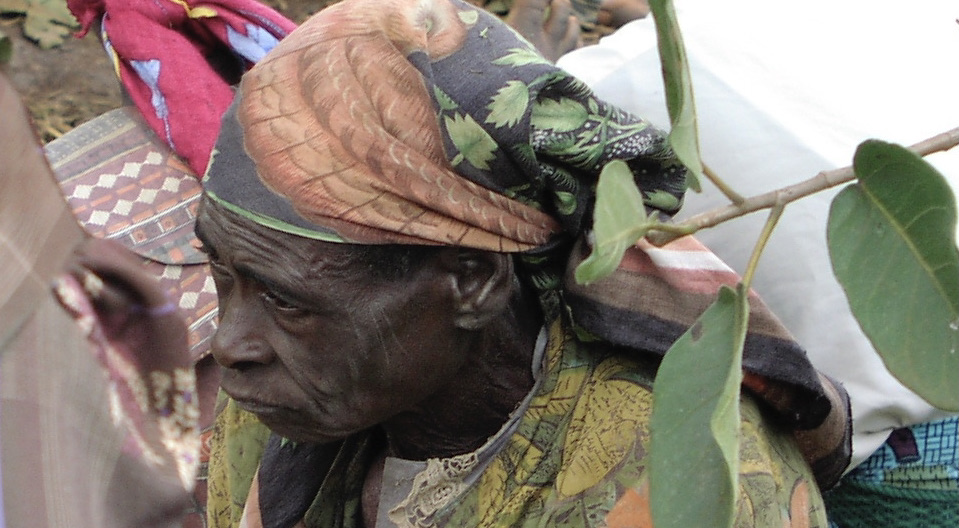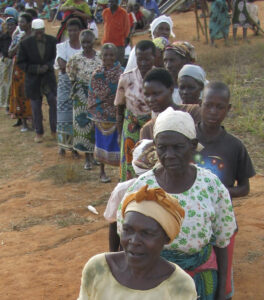
“It is impossible for someone who has not been to Malawi and seen the depth and width of poverty to fully understand what the word ‘poor’ means. All of us measure it’s meaning by what we see and experience around us,” observes Richard Stephens, a co-founder of the Malawi Project and one who has been working on behalf of Malawi’s poor for nearly 30 years. “Poor means many different things, especially when it is not being experienced first-hand. I didn’t understand it until I saw it with people in Malawi who had become friends and family to me.”
Several years ago, a friend from Malawi made one of his first trips to the U.S. He arrived at our home in a middle-class neighborhood in a mid-western city, and within a day or two he requested that I take him to the “poorest part of town” so he could see poverty in the U.S. Frankly I did not want to do that. I wanted him to see only the best from our culture. I knew I would be very embarrassed if I took him to where the poor lived. Besides that, it would not be safe to drive through some of those neighborhoods in the hours around dusk. For the next couple of days, I tried to avoid the subject, and avoid going to that part of town. He, however, was not deterred. He was determined to see what the conditions were for the poor in our community before he returned home. Finally, I gave in.

As the sun was approaching the far edge of the horizon we got in the car and made our way to “that part of town”. As we drove along littered streets, gang members watched us from street corners, and run-down neighborhoods. I suggested he lock his door. It was not safe for the residents or us. We wove our way deeper into the hopelessness of poverty and pain. He sat quietly as we cross-crossed our way through bleakness and depression. He didn’t utter a word. Finally, I was ready to find our way back home, so I asked if he had seen enough. His answer took me totally by surprise.
“When will we be there,” he asked? “We are there. We have been there for the past 30 minutes,” I responded in apparent surprise. “It’s all around us,” I said.
He looked over at me with as much surprise as I had just experienced with him. “We can’t be there,” he said. “All of these people have cars, houses, electricity and televisions.”
For a few minutes I tried to look around from his point of view. I had spent years working in Malawi, so I had a point of reference into what life is like in the villages. Certainly not a proper house, not even a run-down two story 75-or-100-year-old house lie those we were passing. Then there were the cars. The average Malawian walks 10 miles a day. Almost no one in the village has a car, and they will never have enough money to buy one. He was passing large houses with cars outside. We saw the number of television antennas. In his country only the most well-to-do have a television, and in the countryside, they don’t even have electricity. Then there is fire protection. If we need it, it arrives in minutes. For most of them it is non-existent. And healthcare. Almost everyone in this part of town has access to some degree of emergency care, and there are pharmacies nearby with every kind of health aid imaginable. Government programs give a measure of protection and assistance to every citizen. Not in Malawi. The single biggest hospital in our city has far more doctors and nurses that can be counted in the entire nation of Malawi.
We drove back to the house to a hot dinner awaiting us. I had failed. The poverty in my part of the world did not measure up to the depth and hopelessness of the poverty he knew in his part of the world.
How will I ever convey that picture to the people I am trying to influence to help Malawi? Obviously, I can’t. It is impossible for someone who has not been to Malawi to fully understand what the word ‘poor’ means.
